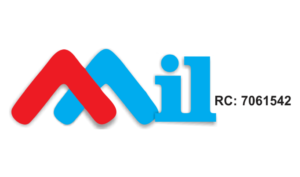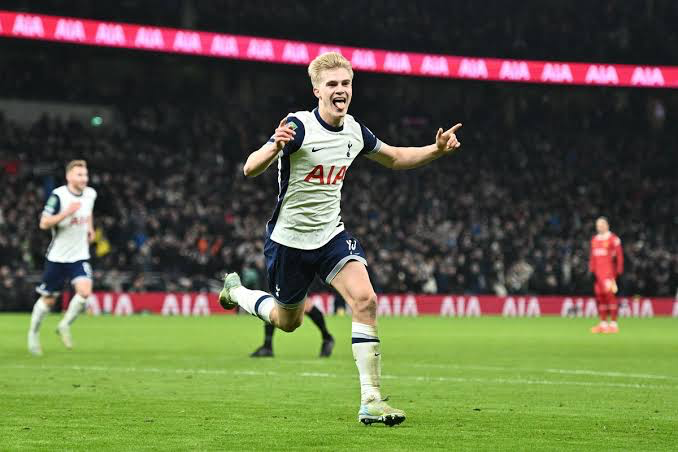Band A denotes customers who enjoy a steady electricity supply for 20 hours each day. During a press briefing held in Abuja, Musliu Oseni, Vice Chairman of the Nigerian Electricity Regulatory Commission (NERC), revealed plans for a tariff increase.
As per the announcement, customers will now be charged ₦225 per kilowatt-hour, a significant jump from the current rate of ₦66. Oseni noted that these customers represent approximately 15% of the nation’s 12 million electricity consumers. Moreover, due to the failure of electricity distribution companies to meet the required hours of service, some customers previously classified under Band A will be reassigned to Band B.
Oseni further elaborated that the number of feeders categorized under Band A will be reduced from 800 to less than 500, translating to only 17% of feeders maintaining Band A status. These feeders cater to approximately 15% of all connected electricity customers. Notably, customers falling under other bands will remain unaffected by the tariff adjustment.
In a parallel development, Bloomberg reported a proposed increase in electricity prices to N200 ($0.15) per kilowatt-hour for urban consumers. This move is aimed at enticing new investments and curtailing the substantial $2.3 billion expenditure on tariff subsidies.
Additionally, the Nigerian Midstream and Downstream Petroleum Regulatory Authority (NMDPRA) announced an upward revision in the price of natural gas used for power generation.



